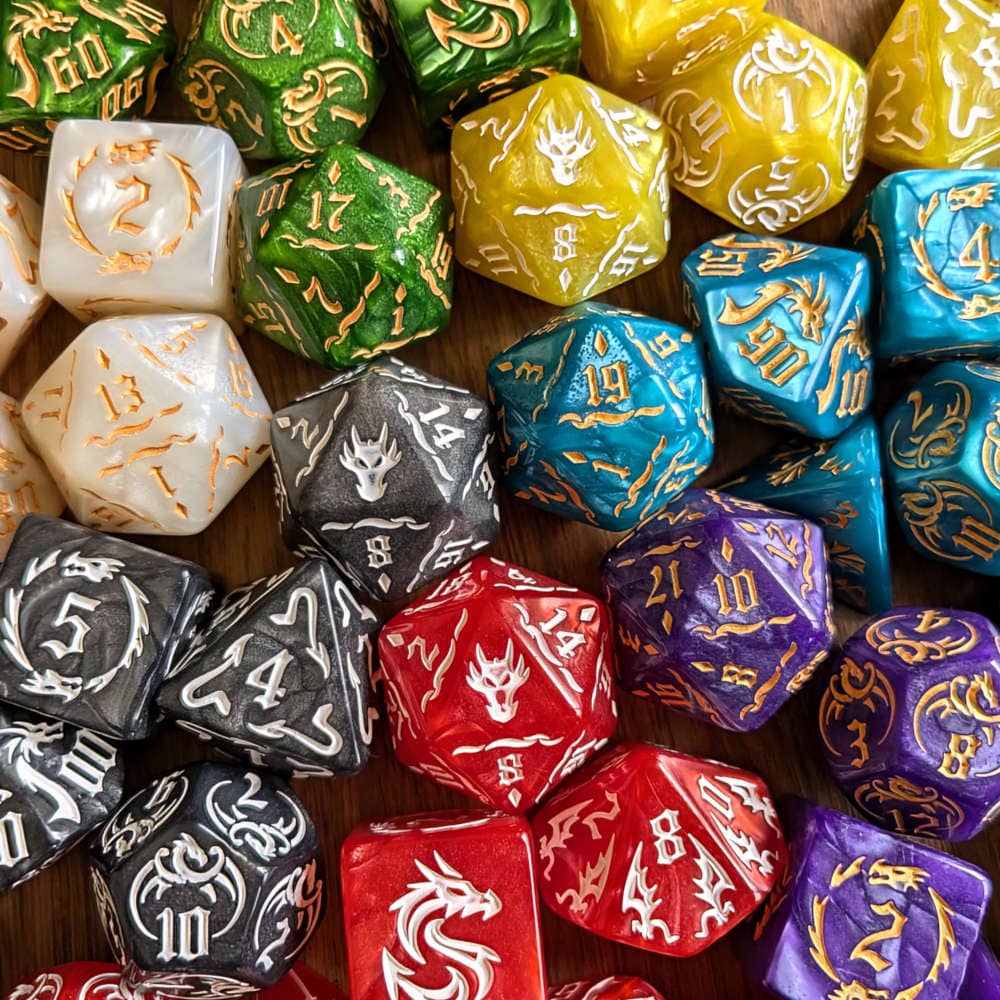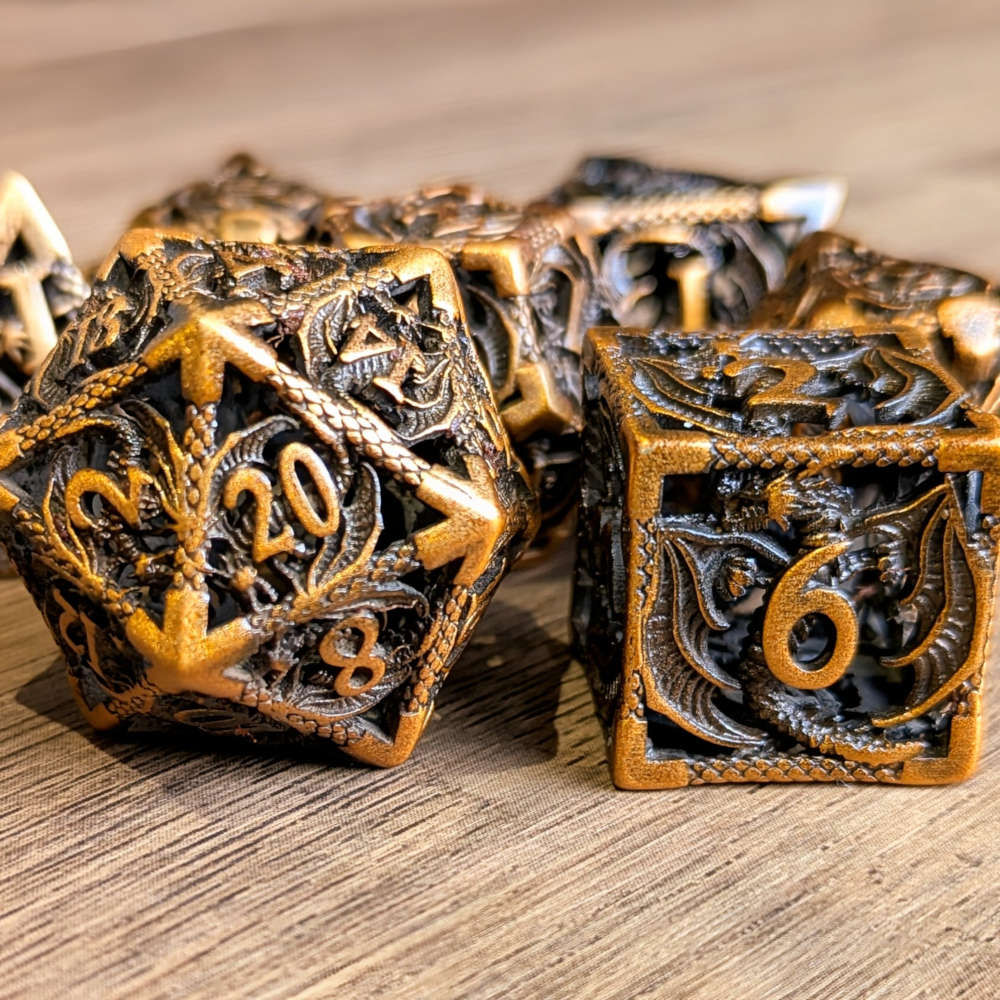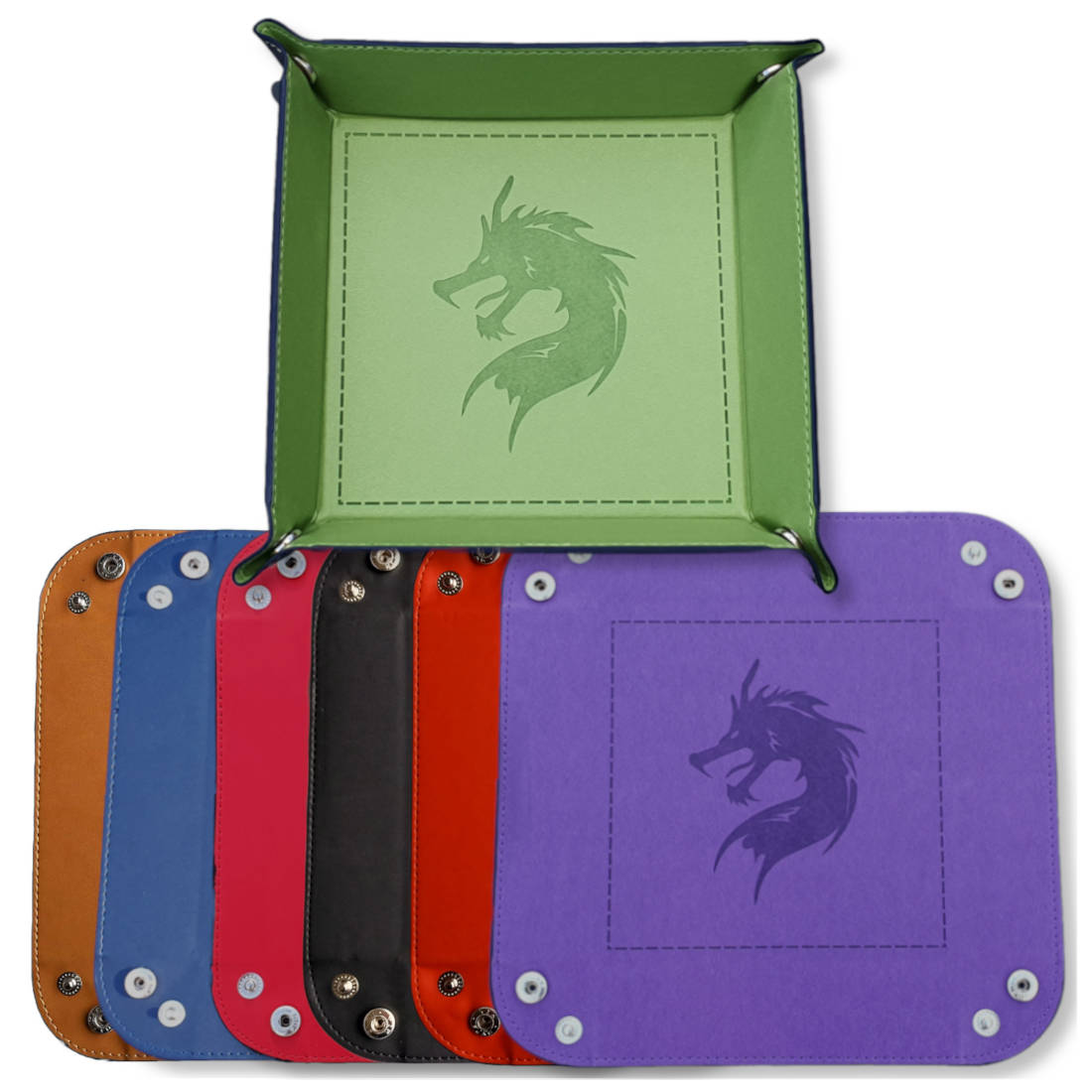A full guide to playing Pokemon D&D

Pokemon is one of the world's most popular media franchises, and with D&D more popular than ever, it's no surprise that people want to combine the two and find ways to play Pokemon DND. But with so many options, you might be wondering where to start.
Don't worry. Our complete guide covers everything you need to know about Pokemon D&D: from the 3 main Pokemon TTRPG systems, the pros and cons of each, and extra resources to help you out. We draw on our many years of experience running Pokemon D&D games to bring you this guide.
Special thanks to VanHarmontt for the fantastic artwork throughout our guide.
Is it possible to play Pokemon D&D?
Yes, it's possible to play Pokemon D&D. Whether you want to add Pokemon elements into a D&D game or play a Pokemon tabletop roleplaying game, there are options for both.
Can I play Pokemon D&D using homebrew?
Black Citadel RPG’s guide gives advice on adapting elements of Pokemon for a D&D campaign. However, from our many years of running Pokemon D&D, we’ve found that dedicated systems for Pokemon TTRPGs work better than trying to homebrew content into D&D.
That said, it depends on your goals. Do you want to play a game that is mechanically D&D, where the party encounters and battles Pokemon? Or are you after something that feels more like Pokemon, where players are trainers commanding teams of loyal Pokemon? This is something you can think about and discuss with your group during session zero.
The three main systems for playing Pokemon D&D
If you're happy to switch from D&D to a Pokemon TTRPG system, there are three main fan-made systems to consider: Pokemon Tabletop United, Pokemon Tabletop Reunited, and Pokemon Tabletop Adventures.
These systems are popular because they're the most accessible, have support from fan communities, and work well with Virtual Tabletops like Roll20 and Foundry.
While other systems like PokeRole, PokeThulhu, and Pokeymanz exist, they're more niche and less well-known.
A free adventure for you to enjoy
Are you looking for a pre-written adventure? Perhaps you want to try out Pokémon TTRPGs, or you're a GM in need of inspiration for a new quest?
Look no further - we've created a short adventure for budding Pokémon Trainers, where a local Pokémon Professor asks them to help regain access to their lab after their assistant goes rogue in a reckless attempt to create a new Eevee evolution. Our pre-written adventure is called Eeveelution Experiments.
Pokemon Tabletop United
Pokemon Tabletop United (PTU) is a popular system for playing Pokemon D&D that gives players a rich and immersive experience. Best played with a group of 2-4 people, PTU lets each player to take on the role of a trainer who commands a team of Pokemon.

How does Pokemon Tabletop United work?
PTU is versatile, catering to those interested in classic Pokemon gym challenges, explorations of the Pokemon world similar to the adventures in the anime, or even darker fantasy adventures.
Trainers can choose from various classes, such as Ace Trainers and Commanders, who inspire their Pokemon in combat, or Oracles and Sages, who explore the occult. There is also the option to have trainers who can charge into battle, fighting alongside their Pokemon.
In PTU, Pokemon resemble those in the video games, with unique typings, move pools that expand as they level up, and distinct stats, skills, and abilities. Players use d6s for skill checks, which sets it apart from D&D's d20-based system. However, d20s are still used for accuracy rolls.
As trainers and their Pokemon level up, they gain access to more Edges and Features, which allow them to unlock cool moves, capabilities, abilities, and more for both themselves and their Pokemon.
Should I choose Pokemon Tabletop United?
PTU is an accessible system, with support available on Roll20 and Foundry, making it a popular choice for people who want to play DND Pokemon. However, it can be tricky to learn, especially since PTU has many different rulebooks and PDFs, which can make it hard to piece together and follow the rules.
While the system is rewarding in its combat and progression mechanics, it does involve a lot of bookkeeping. You’ll often find yourself flipping through your trainer and Pokemon sheets, frequently pausing mid-combat to manually adjust numbers. Although there's a Discord server for support, the system has been abandoned and hasn’t had any official development for several years.
So, while PTU offers a solid Pokemon tabletop experience, you should consider the learning curve and community dynamics when choosing which system to use.
Pokemon Tabletop Reunited
Pokemon Tabletop Reunited (PTR) is a new system created by a fresh group of developers. It’s based on Pokemon Tabletop United, which explains the similar name. PTR offers a more streamlined Pokemon D&D system, with updated rules and mechanics shaped by community feedback, and includes the latest Pokemon from recent generations.

How does Pokemon Tabletop Reunited work?
PTR aims to offer a fresh take on Pokemon D&D, though it shares many of the same basic issues as PTU, as it is largely built on PTU’s foundations. For example, its stat system tends to favour putting all your points into Speed and Attack, which often leads to a predictable, glass-cannon playstyle.
However, if you can look past the system’s core challenges, it provides a framework for creating your own Pokemon D&D adventures. We've run several campaigns on PTR, ranging from classic gym challenges to high fantasy medieval settings. If you have the time, effort, and patience to add your own mechanics and styles, it can be a great system for playing Pokemon in a TTRPG setting.
Should I choose Pokemon Tabletop Reunited?
The automation in this system removes many bookkeeping headaches that PTU faces. However, it is designed to be played on Foundry. With its unique stat system and refreshed mechanics, it is tailored specifically for people playing online via Foundry.
If you’re looking for the best Pokemon TTRPG system and aren't sure if you want to play only online, check out our guide that explains the differences between D&D in-person and online. This should help you decide whether you’d prefer a more accommodating system or are happy to play online with PTR.
Pokemon Tabletop Adventures
Pokemon Tabletop Adventures (PTA) offers a dynamic gaming experience, using a variety of dice, with a strong focus on the d20. The d20 is used for different actions, including skill checks and combat, which creates a cohesive and easy-to-understand gameplay experience.

How does Pokemon Tabletop Adventures work?
PTA allows players to take on the roles of trainers, commanding their team of Pokemon. The system includes various classes, such as Coordinator, Ace Trainer, and Ranger, providing players with different paths for character progression.
In terms of mechanics, PTA incorporates familiar stats and levelling systems. This system is designed to accommodate various campaign styles, offering flexibility for game masters and players alike. With active development, PTA continues to evolve, improving its features and addressing community feedback to enhance the Pokemon tabletop experience.
Should I choose Pokemon Tabletop Adventures?
While PTA is frequently updated, it still faces challenges in adapting Pokémon from the video games into a playable D&D-like TTRPG system. There is a wide range of trainer and Pokemon options, so extensive that it can be a bit overwhelming for beginners.
Additionally, much like PTU and PTR, PTA often suffers from a glass-cannon meta, where the best option is to choose the highest possible Attack or Special Attack.
Which system is best for playing Pokemon D&D?
In terms of accessibility, Pokemon Tabletop United is a popular starting point. It has support on both Roll20 and Foundry, providing a simple way for aspiring trainers to command teams of Pokemon in various campaign settings.
How can I play Pokemon Mystery Dungeon as a TTRPG?
Playing Pokemon Mystery Dungeon as a tabletop roleplaying game is quite challenging. There isn't a dedicated system for PMD, so many fans try to adapt Pokemon Tabletop United for this purpose.
However, this often doesn’t work and results in an ambitious project that requires extensive knowledge and homebrewing to achieve the desired outcome.
There are some homebrew systems, such as PMD Instinct, that attempt to adapt it into a TTRPG. Creating a satisfying TTRPG experience for PMD would require significant adjustments to existing systems, such as using D&D with Pokemon-themed elements or opting for a rules-light system that you can modify to capture the essence of PMD.
What happened to Pokemon 5e?
Pokemon 5e was once a thriving Pokemon D&D system that gained widespread attention. After an IGN article in 2021, it caught the eye of Wizards of the Coast, who issued a cease-and-desist to the owner. Since then, the system has stopped development.
Contrary to popular belief, it wasn't Nintendo but Wizards of the Coast who took action due to their policies against creating homebrew content for intellectual properties that people don't own. This incident highlights the challenges of combining beloved franchises within the world of homebrew tabletop RPGs.
Pokemon D&D resources to help you get started
We've curated a collection of resources to help you get started on your Pokemon D&D adventure:
- A Short Pokemon DND Adventure: We've written a one-shot (a short adventure) to give you a taste of what Pokémon TTRPG gameplay is like!
- Pokemon Inspired Weapons & Items: This provides a fantastic array of D&D-style items and weapons, each infused with a unique Pokemon twist.
- Reddit community r/Fakemon: Artists and Pokemon enthusiasts collaborate to create and share their own custom Pokemon designs.
- Reddit community r/PokemonTabletop: A community of tabletop gamers dedicated to discussing all things Pokemon tabletop.
- The Guild of the Undaunted Pokedex: A spin-off of PTU. Its Pokedex offers inspiration for those looking to add something unique to their games.
- Magik_jack_art: Just one of many fantastic artists who brings Pokemon-themed D&D characters to life.
Dice to spark your tabletop adventures
You're now equipped with the knowledge to embark on your own Pokemon D&D adventures! Best of luck in your journeys, and if you're hungry for more tabletop wisdom, explore our guides on improvisation in roleplaying games and becoming a better Game Master.
Now, gear up for your adventures with our metal D&D dice. Or, if you're looking for something to flavour your gaming setup, explore our D&D accessories.






2 comments
@Angel Villa – have a read through our guide and it should give you a good start! You can also check out the free adventure we’ve made, linked in the article.
I need help to start my Pokemon D.N.D. game.